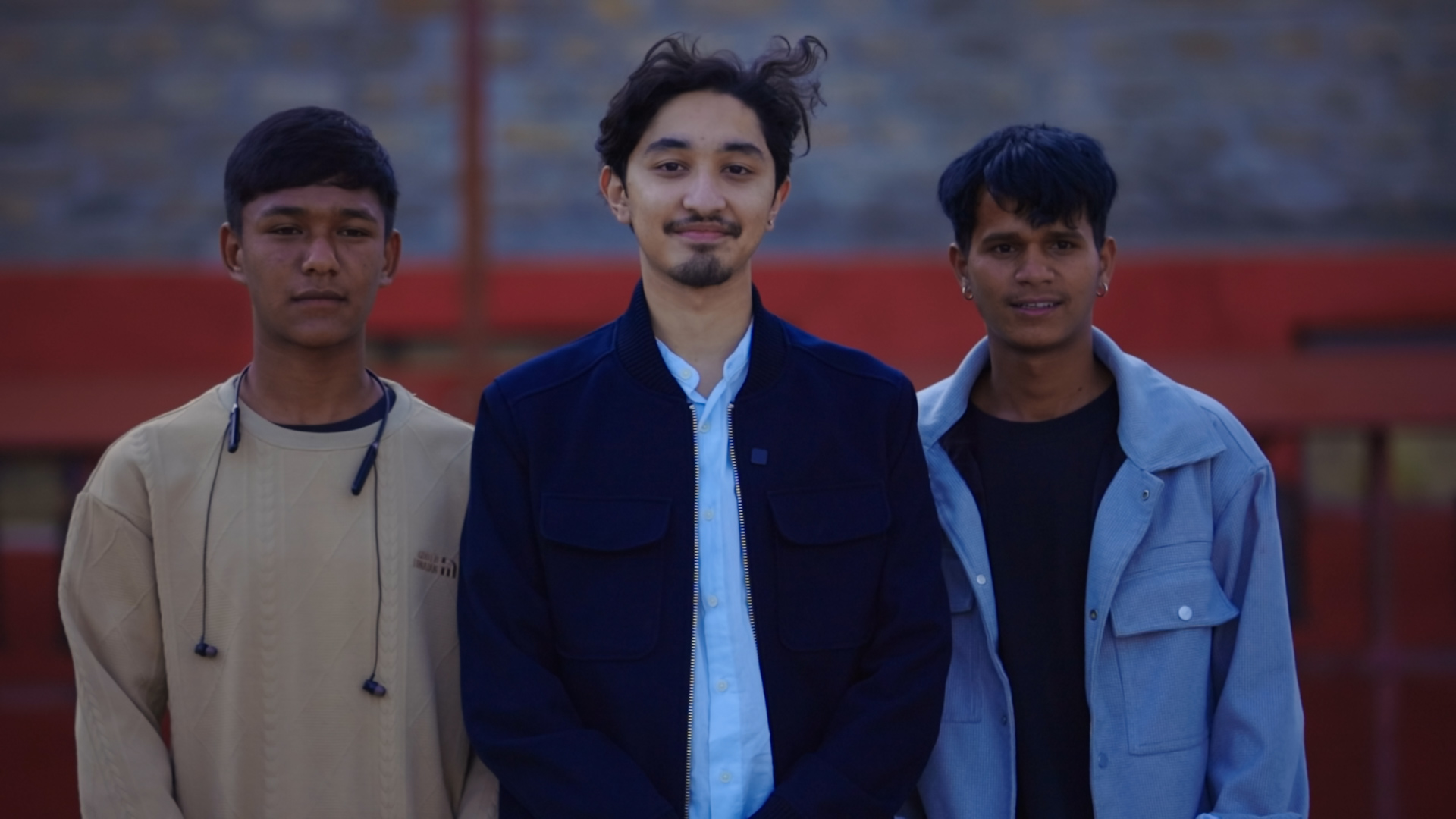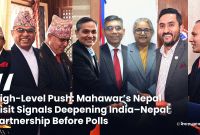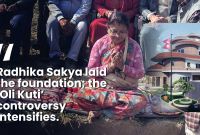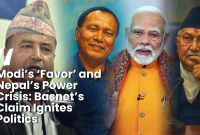Republic’s Revenge? Hridayendra Sees Change His Ancestors Never Delivered
Royal Drama Unfolds: PM Oli’s Shocking Career Advice to Ex-Prince Hridayendra Shah!

In a remark made some time ago that has since reignited fierce debate across social media and political circles, Nepal’s Prime Minister KP Sharma Oli advised former prince Hridayendra Shah to give up dreams of monarchy and instead pursue a career in the film industry. Referring to actress Surakshya Pant’s earlier compliment on Shah’s charm, PM Oli had stated, “Look at how nicely an artist like Surakshya Pant put it—he has a good face, suitable for acting. I also suggest that the young man pursue acting. If he dreams of becoming king, he’ll spend his entire life in dreams.”
The comment immediately polarized public opinion. While some praised Oli’s candidness and embraced his affirmation of Nepal’s irreversible republican system, others criticized him for publicly mocking the former prince’s aspirations and dignity.
Hridayendra Shah, who has remained notably distant from political controversies, has recently drawn attention through his thoughtful video blogs exploring social and developmental issues across Nepal. Educated in the United States and admired for his articulate presentation and appealing demeanor, Shah has cultivated a public image far removed from the scandals that often plague Nepali elites.
His latest video blog from Jumla, spotlighting critical developments in the remote Karnali region, underscores his earnest efforts to highlight Nepal’s progress under the republic. From promoting apple cultivation and agricultural expansion to acknowledging the vital role of the Karnali Technical School in empowering youth through training in pharmacy, agriculture, and civil engineering, Shah’s content offers a compelling picture of grassroots transformation. His coverage of the Karnali Academy of Health Sciences and expanded telecommunications services further demonstrates his commitment to showcasing Nepal’s overlooked success stories.
Despite these constructive efforts, PM Oli’s earlier remarks have reignited the age-old debate surrounding Nepal’s former royal family, their relevance in public life, and the enduring nostalgia for monarchy that lingers in certain quarters. While Hridayendra Shah has not publicly responded to the Prime Minister’s statements, questions now swirl: Was Oli’s suggestion merely well-meaning advice or a calculated move to discourage any residual royal ambitions?
As the debate continues to unfold, many now watch to see whether Hridayendra Shah will answer with words—or let his quiet service and storytelling become the true response. In the backdrop, a larger question looms: can Nepal ever fully reconcile its monarchical past with its republican future?




![From Kathmandu to the World: How Excel Students Are Winning Big [Admission Open]](https://www.nepalaaja.com/img/70194/medium/excel-college-info-eng-nep-2342.jpg)
